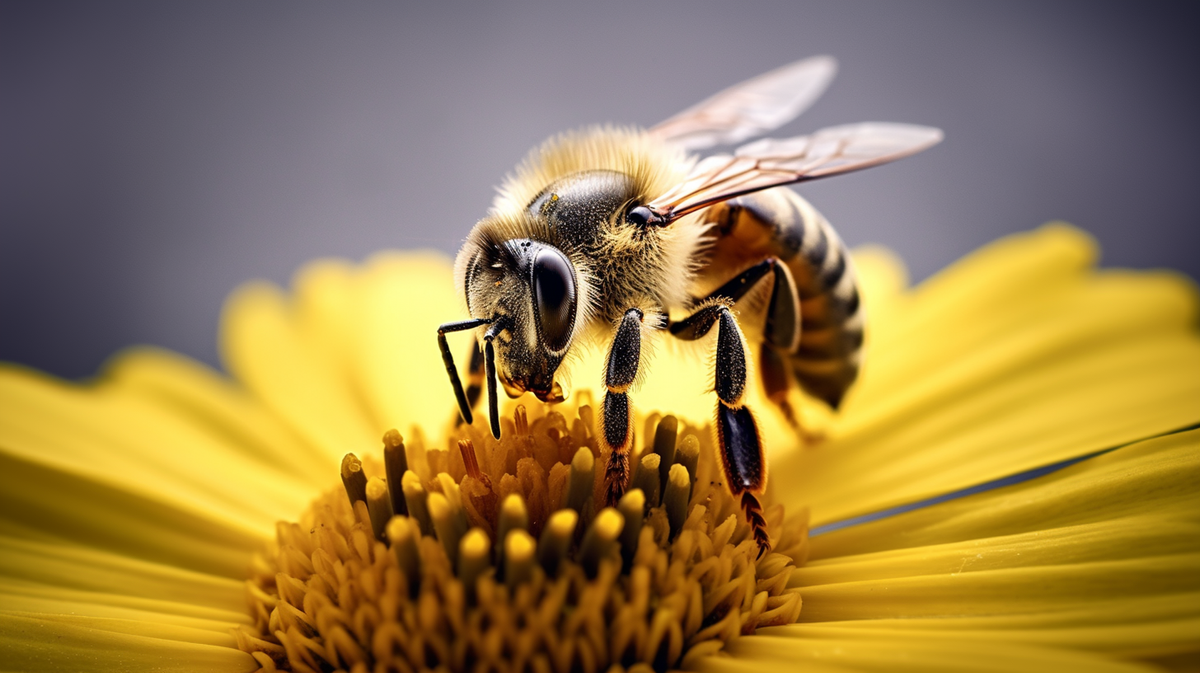Bee Pollen
- Spices, Flower & Herbs
Bees collect pollen from flowers, packing it into colorful pellets on their legs. Throughout history, various cultures, including the ancient Egyptians and Chinese, valued bee pollen for its health benefits. Considered a "perfect food," it offers complete nutrition with concentrated nutrients, making it vital for the entire bee colony. Bee pollen is full of vitamins, minerals, amino acids, enzymes, and antioxidants. It has an impressively long shelf life, as evidenced by discoveries of well-preserved bee pollen in ancient Egyptian tombs.
Traditional medicine has utilized bee pollen for centuries, associating it with immunity-boosting, anti-inflammatory, energy-enhancing, and digestive benefits. The nutrient-rich composition contributes to overall well-being and supports optimal health. The presence of antioxidants in bee pollen helps counteract oxidative stress and shields the body against free radical damage. Furthermore, preliminary studies indicate that bee pollen may possess anti-inflammatory properties, suggesting its potential in reducing inflammation within the body.
References:
Mărgăoan, Rodica, et al. "Bee Collected Pollen and Bee Bread: Bioactive Constituents and Health Benefits." Antioxidants, vol. 8, no. 12, 2019, p. 568. doi:10.3390/antiox8120568.
El-Seedi, Hesham R., et al. "Honey Bee Products: Preclinical and Clinical Studies of Their Anti-inflammatory and Immunomodulatory Properties." Frontiers in Nutrition, vol. 8, 2022, article 761267. doi:10.3389/fnut.2021.761267.
Mohammad, Salma Malihah, et al. "Stingless Bee-Collected Pollen (Bee Bread): Chemical and Microbiology Properties and Health Benefits." Molecules, vol. 26, no. 4, 2021, p. 957. doi:10.3390/molecules26040957.
